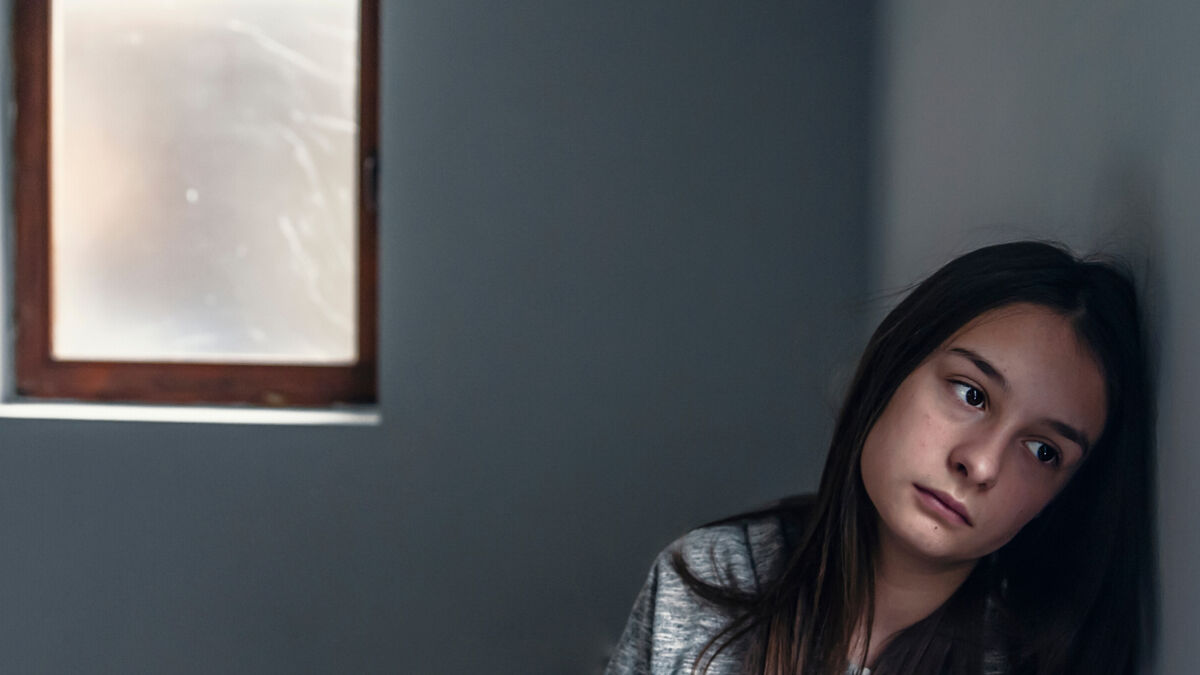Child Sexual Exploitation
Understanding Child Sexual Exploitation
Child Sexual Exploitation (CSE) is a form of Child Sexual Abuse (CSA) where the victim is usually given something, whether food, money, drugs, alcohol or gifts, in exchange for sexual activity with the abuser. Offenders target vulnerable young people and use their power over the child to ‘persuade’ them. It can affect any child, anytime, anywhere – regardless of their social or ethnic background.
A common feature of CSE is that the child or young person does not recognise the coercive nature of the relationship and does not see themselves as a victim of exploitation.
This means that they are unlikely to report the abuse so others around them must be alert to the signs of CSE and report concerns to the authorities.
CSE can also occur through the use of technology without the child’s immediate recognition; for example being persuaded to post images on the internet or to mobile phones without immediate payment or gain.
if you have information, call us anonymously on 0800 555 111 or go to our online form:
Signs to spot
Many of these are common teenage behaviors, but keep an eye out for increased instances of changes in behavior that may be signs of grooming:
- Appearing controlled by their phone
- Being secretive about who they are talking to and where they are going
- Often returning home late or staying out all night
- Sudden changes in their appearance and wearing more revealing clothes
- Becoming involved in drugs or alcohol, particularly if you suspect they are being supplied by older men or women
- Becoming emotionally volatile (mood swings are common in all young people, but more severe changes could indicate that something is wrong)
- Using sexual language that you wouldn’t expect them to know
- Engaging less with their usual friends
Recognise the behaviours
We want to help the public recognise that child sexual exploitation offenders may not fit into any stereotype, but could be anyone.
The way a person acts might indicate that they could be an offender. These offenders often display a level of control with a child or young person, as part of the grooming process or when committing criminal acts. They will try to control through violence, intimidation, persuasion or aggression (VIPA). It often begins by befriending young people, who do not see themselves as victims of a crime.
We're highlighting how these perpetrators work, be that individually or as a group. They may also fit into certain ‘categories’ of offender; The Hook, The Predator, The Coordinator.
Look out for on-street sexual offenders working at three different levels:
Tell us what you know, not who you are
If you believe that someone you know is abusing a child then call us anonymously on 0800 555 111 or use our anonymous online form. No-one will ever know that it was you who came forward.
If you have the name, address or car registration number of the potential perpetrator of the crime, you’re off to a good start. We’ll ask you further questions to learn more about what you know, such as:
- How are they communicating? E.g. SnapChat, Messenger
- Can you describe this person they are ‘hanging around’ with?
- Do they drive – what is their car make and registration?
- Which school/collage are they attending or registered to attend?
- Do you have details of where they have been?
If you think you may know a child victim then please contact:
- Local police on 101, or 999 in an emergency
- NSPCC 24hr Child Protection Helpline on 0808 800 5000
- If you are a child who needs help, then call Childline on 0800 11 11.

Give information
Give information anonymously by phone on 0800 555 111 or online

Donate to us
Join our fight against crime by making us a donation today, and see how the money you give can help shape your community for the better.

Fearless - our youth service
Find out about Fearless, Crimestoppers' youth service for 11-17 year olds.
